Son of jailed Chinese politician Bo Xilai finds love in Taiwan
Taiwan’s media and netizens are abuzz with the upcoming nuptials of Bo Guagua and Hsu Hui-yu, a mainland Chinese and a Taiwanese respectively who both have prominent political family backgrounds. Lianhe Zaobao’s China Desk looks into the political implications of this cross-strait marriage.
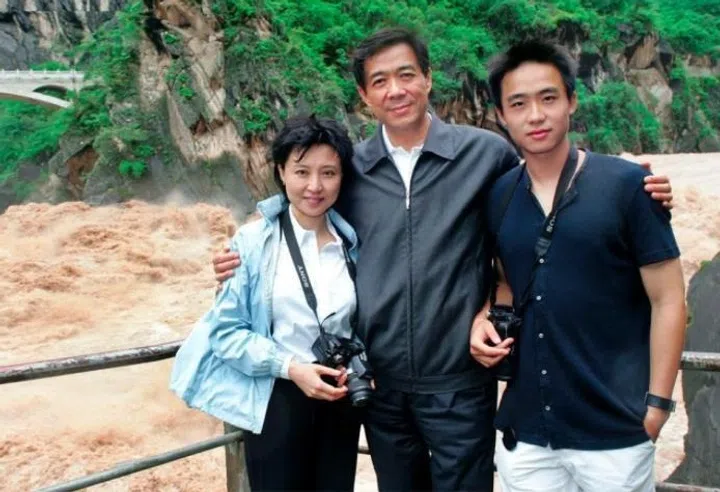
On 15 November, the Taiwanese media brought a familiar yet long-absent name back into the public eye.
It reported that Bo Guagua, son of former Chinese Communist Party (CCP) Politburo member and former Chongqing party secretary Bo Xilai, flew from Canada to Taiwan on 13 November, and visited his future in-laws in Yilan county on 15 November. In the brief visit of a few hours, Bo Guagua also underwent a health check at the Lotung Poh-Ai Hospital run by his fiancée’s family.
On 15 November, in a written response to inquiries about Bo Guagua’s visit to Taiwan for marriage, the Mainland Affairs Council (MAC) of Taiwan said that the case involved a mainland Chinese citizen applying to visit Taiwan for family reunification in accordance with Taiwanese regulations. Due to the applicant’s unique background, the government was fully aware of the situation and called on the public to respect the parties’ and their families’ wish for discretion.
Bo Guagua’s father, Bo Xilai, is a quintessential “second-generation red”, as Bo Guagua’s grandfather, Bo Yibo, was one of the early prominent leaders of the CCP.
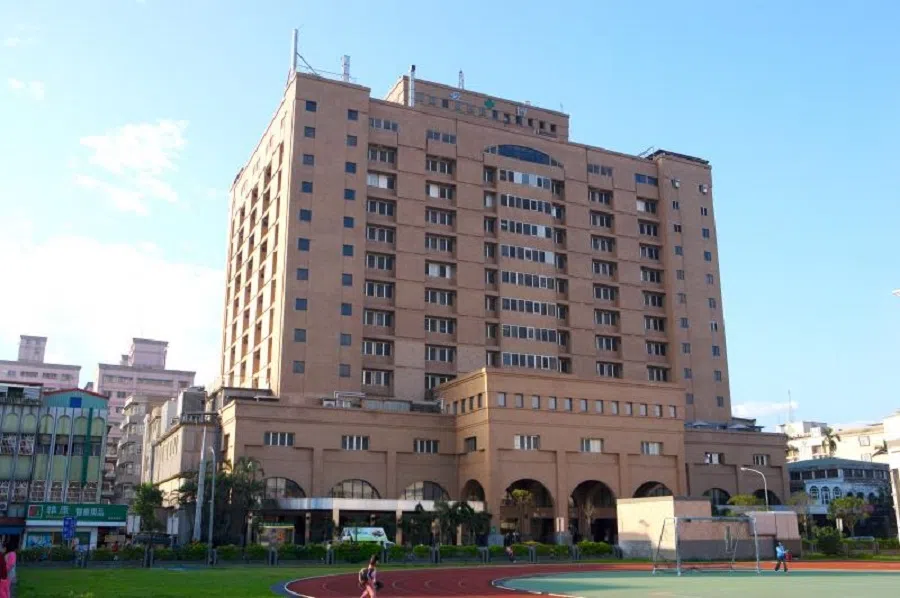
“Bo Guagua to become a Taiwan son-in-law” instantly became a hot topic across Taiwan, sparking netizens’ curiosity: Who is Bo Guagua’s fiancée? Where will the wedding be held? Who will attend?
Bo Guagua and his fiancée, Hsu Hui-yu
At the age of 11, Bo Guagua, now 37, was sent to study in the UK. He graduated from Oxford University in 2010 and then pursued a master’s in public policy at Harvard University’s John F. Kennedy School of Government, graduating in 2012. A year later, he enrolled at Columbia University Law School, earning a juris doctor degree in May 2016.
Despite Bo Guagua’s impressive credentials, the dramatic rise and fall of his prominent family drew even greater public attention.
Bo Guagua’s father, Bo Xilai, is a quintessential “second-generation red”, as Bo Guagua’s grandfather, Bo Yibo, was one of the early prominent leaders of the CCP.
Bo Xilai had a smooth career trajectory, serving as mayor of Dalian, governor of Liaoning, minister of commerce and Chongqing party secretary.
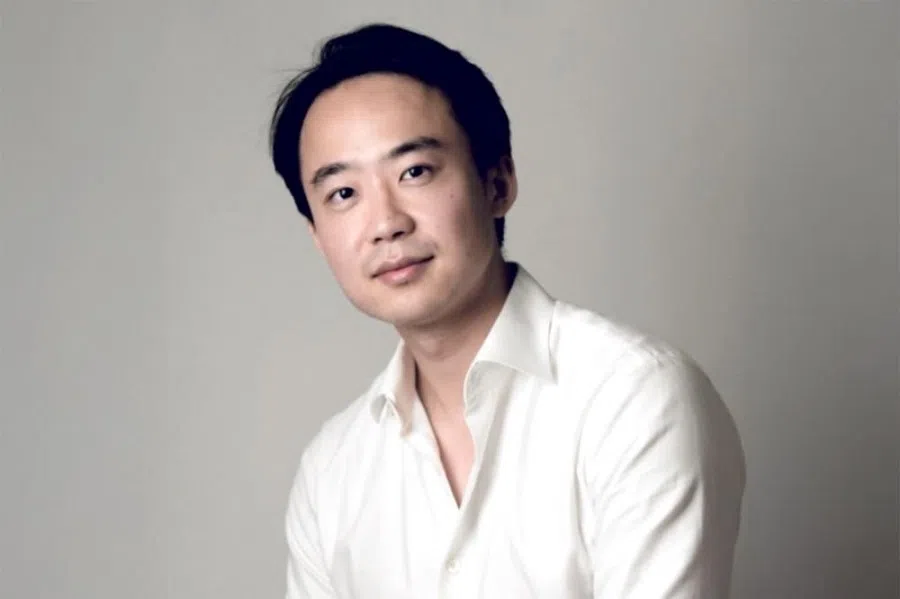
However, his political career came to an abrupt end in 2012 due to a series of scandals triggered by former Chongqing public security chief Wang Lijun’s visit to the US consulate in Chengdu. Bo Xilai eventually received a life sentence after being convicted of bribery, embezzlement and abuse of power. He is currently serving his term at Qincheng Prison in Beijing.
Hsu Hui-yu’s grandfather, Hsu Wen-cheng, had strong ties to the Kuomintang (KMT), serving as the speaker of the Yilan County Council for two terms, as well as a national policy adviser and senior adviser to the president.
Bo Xilai’s wife, Gu Kailai, also a “second-generation red”, was sentenced to death with a two-year reprieve in 2012 for intentional homicide. Her sentence was later commuted to life imprisonment in late 2015, and she is now incarcerated at Yancheng Prison in Sanhe city, Hebei province.
Compared with Bo Guagua, his fiancée, Hsu Hui-yu, has maintained a much lower profile despite also being from a prominent family.
Hsu Hui-yu’s grandfather, Hsu Wen-cheng, had strong ties to the Kuomintang (KMT), serving as the speaker of the Yilan County Council for two terms, as well as a national policy adviser and senior adviser to the president. His political influence was significant, and the Poh-Ai Hospital that he founded was once jokingly referred to as the “KMT’s Poh-Ai Office”.
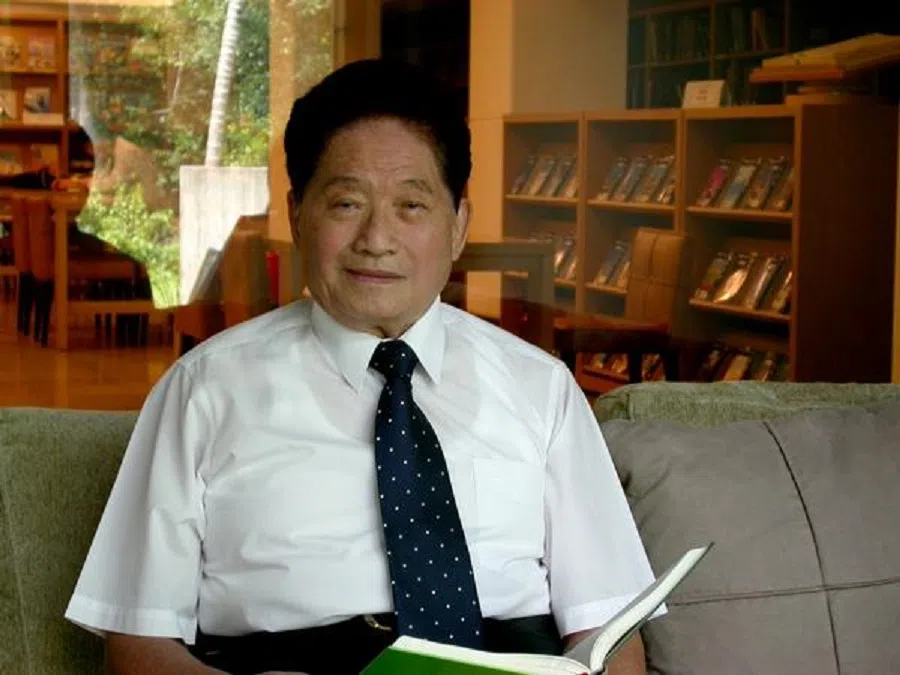
However, the Hsu family gradually withdrew from Taiwan’s political scene after Hsu Wen-cheng’s eldest son, Hsu Kuo-wen, failed in his bid for the Legislative Yuan in 1992.
So far, the Hsu family has remained silent on the upcoming nuptials. On 16 November, Bo Guagua’s future father-in-law, Hsu Tzu-wen, and his fiancée’s uncle, Hsu Hao, were asked about the marriage during a public event but chose not to comment.
A netizen revealed on social media platform Threads that years ago, they worked with Hsu Hui-yu at a tech company foundation. They described her as “having better English than Chinese, looks pretty, a touch of British punk in her style, but low-key”. The netizen added that Hsu rarely interacted with colleagues after work, and they only learned who she was after she left the job.
Taiwan’s United Daily News quoted a close acquaintance of the Hsu family, describing Hsu Hui-yu as a classic beauty, whose elegance made her stand out from a young age. The source said that Hsu Hui-yu and Bo Guagua got together during their time at Columbia University, and went to Canada together after graduation.
On mainland Chinese media and the internet, news of Bo Guagua’s wedding has been completely censored and cannot be searched.
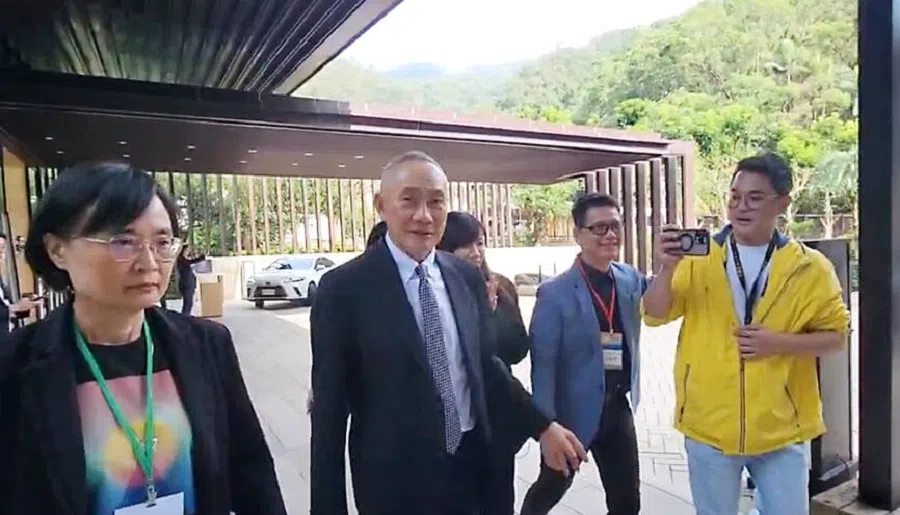
The source said that apart from two sons, Hsu Hui-yu is Hsu Tzu-wen’s only daughter. The family doted on her, but she has been well brought up in terms of character, temperament and manners, and is very likeable.
A hush-hush wedding banquet
According to Taiwanese media, the couple’s wedding banquet will be held on 23 November at the secluded, Chinese-style The One Nan Yuan Cultural Resort in Hsinchu, with just the Hsu family and close friends in attendance.
It is understood that there will be 12 tables at the banquet, each costing over NT$60,000 (US$1,850). The couple requested a traditional Taiwanese menu, with the fish served whole and uncut, along with classic dishes such as Dongpo pork and Buddha Jumps Over the Wall prepared with premium ingredients.
There are rumours that former Taiwanese President Ma Ying-jeou and former president of the Legislative Yuan Wang Jin-pyng were invited to the banquet. However, Hsiao Hsu-tsen, the CEO of the Ma Ying-jeou Foundation, clarified that no invitation was received and Ma has no plans to attend. Wang Jin-pyng also responded that he had not received an invitation, though he is a good friend of the bride’s family.
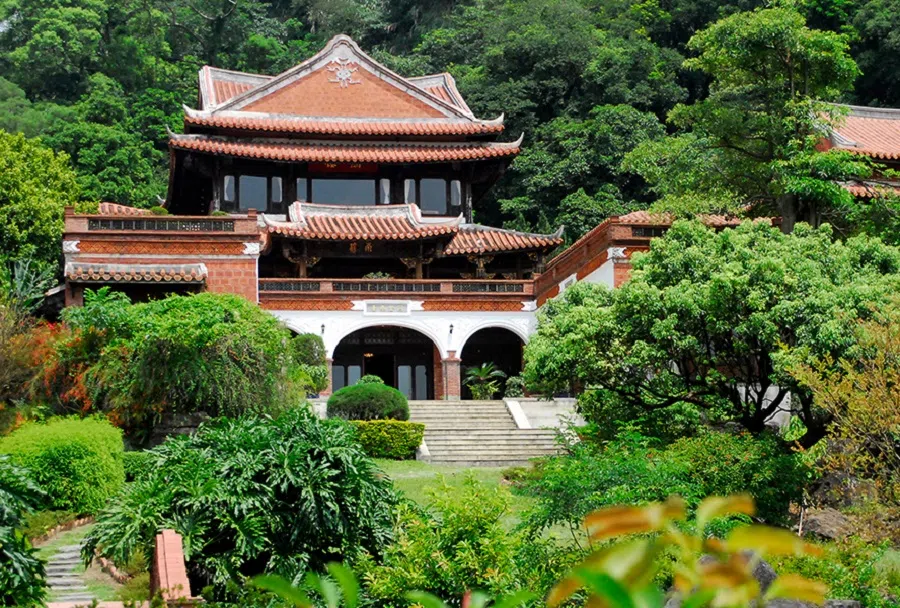
With all eyes on this cross-strait marriage, Taiwanese and mainland Chinese officials have maintained a low-profile stance.
On 18 November, Taiwan’s National Security Bureau director-general Tsai Ming-yen said that while authorities do not publicly comment on individual cases, legal activities will be supported, and illegal or suspicious activities will be actively monitored.
The MAC’s counterpart, the Straits Exchange Foundation (SEF), expressed hopes for happiness for the couple, regardless of religion, gender or location. SEF secretary-general Luo Wen-jia emphasised that all applications are handled according to existing regulations, with no special treatment given.
On mainland Chinese media and the internet, news of Bo Guagua’s wedding has been completely censored and cannot be searched.
... the marriage highlights the concepts of “cross-strait family bonds” and “blood ties”, which could have been a significant event for cross-strait relations, but Bo Guagua’s family background and current circumstances have made this wedding “awkward” for both sides. — Professor Fan Shih-ping, Department of East Asian Studies, National Taiwan Normal University
Political significance
The low-profile handling by authorities on both sides of the strait has not quelled the enthusiasm of public opinion in Taiwan, as the news of Bo Guagua becoming a Taiwan son-in-law has sparked discussions from several perspectives.
In an article titled “Taiwan Son-in-Law Bo Guagua Will Only Uphold ‘One China’” on online media platform Up Media, Taiwanese scholar Tang Minghui said that in terms of political identity and ideology, Bo Guagua, like most children of overseas Chinese officials, cannot adopt values outside the framework of “one China”. While there may be a liberal element to their “red bloodline”, their foundational nationalist structure persists, making it unlikely that they would embrace a Taiwanese identity.
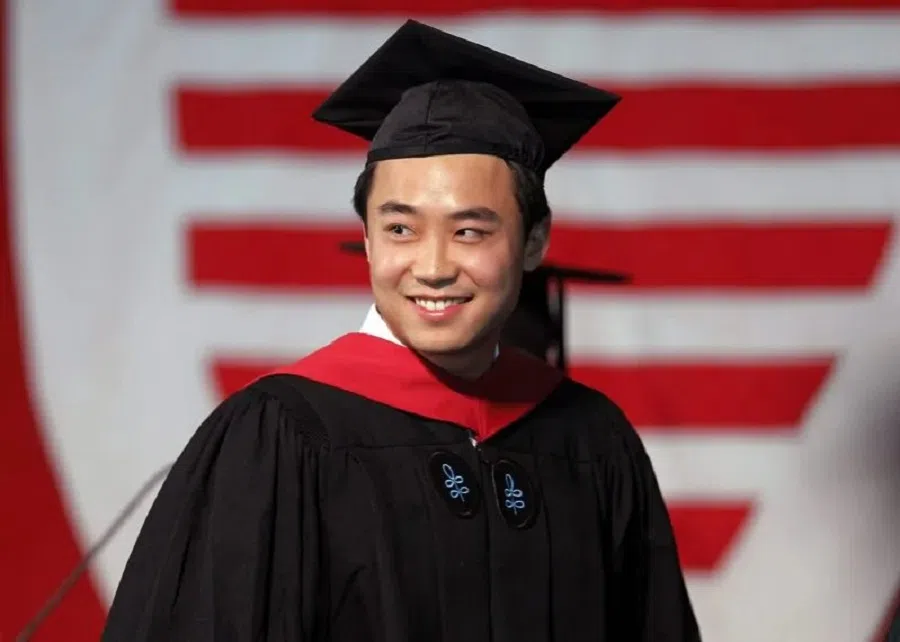
Professor Fan Shih-ping from the Department of East Asian Studies at National Taiwan Normal University wrote a detailed analysis on Facebook, noting that the “Xu-Bo marriage” is more politically significant that that of mainland businessman Wang Xiaofei’s former marriage to Taiwanese actress Barbie Hsu, but mainland Chinese authorities, media and online platforms have been especially low-key.
Fan said that the marriage highlights the concepts of “cross-strait family bonds” and “blood ties”, which could have been a significant event for cross-strait relations, but Bo Guagua’s family background and current circumstances have made this wedding “awkward” for both sides.
Taiwanese netizens have been actively discussing the marriage, calling Bo Guagua the “most high-profile mainland spouse” and joking that it is the “true embodiment of cross-strait family ties”.
The marriage of a prominent mainland political scion, Bo Guagua, to a third-generation Taiwanese heiress, has captured public attention in Taiwan, sparking speculation about the union’s political implications.
However, looking at the muted responses of the families and the authorities, and the current social and political status of the two families, this appears to be merely a love story between members of the overseas Chinese elite.
This article was first published in Lianhe Zaobao as “薄瓜瓜成台湾女婿?”.





